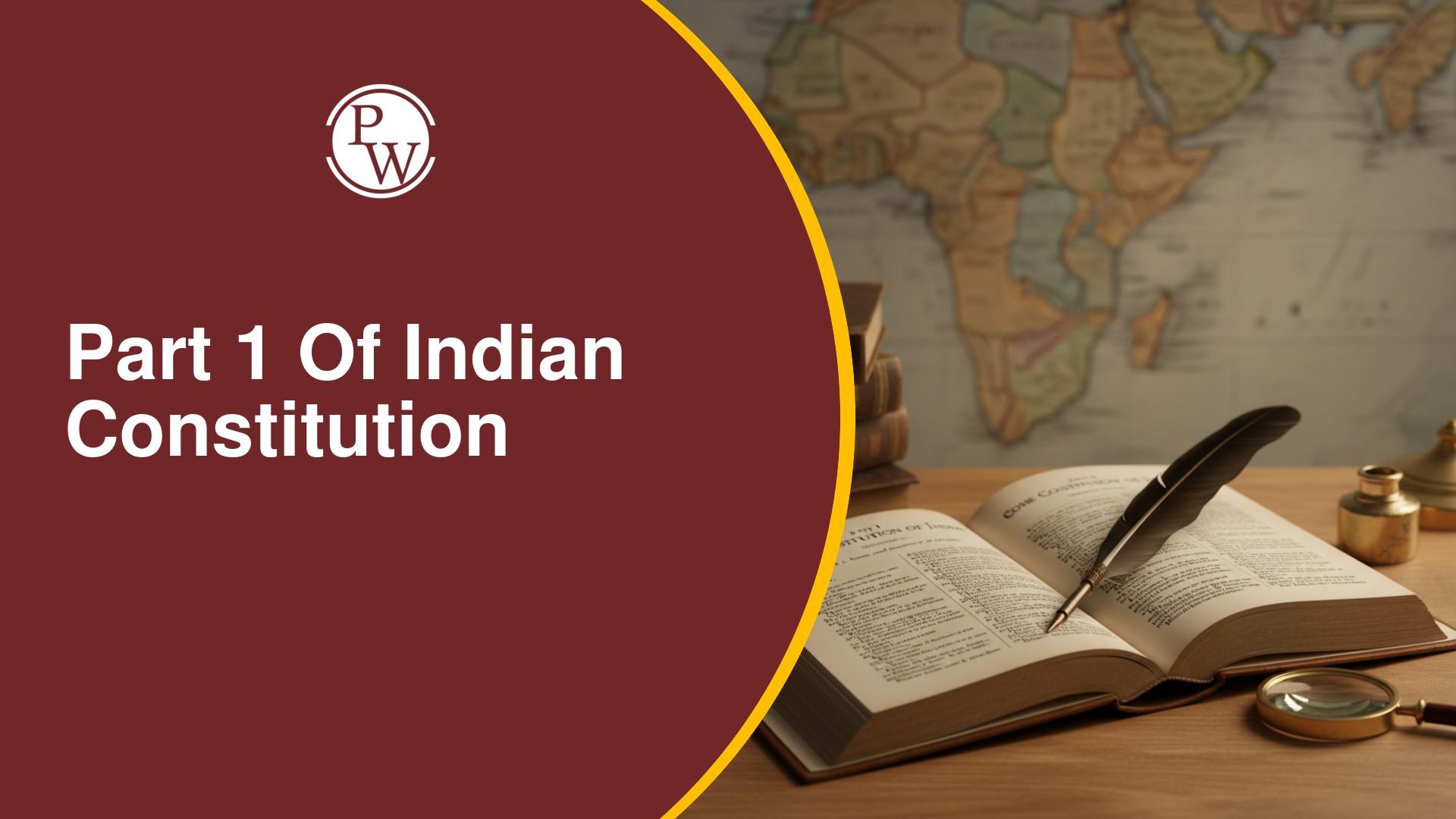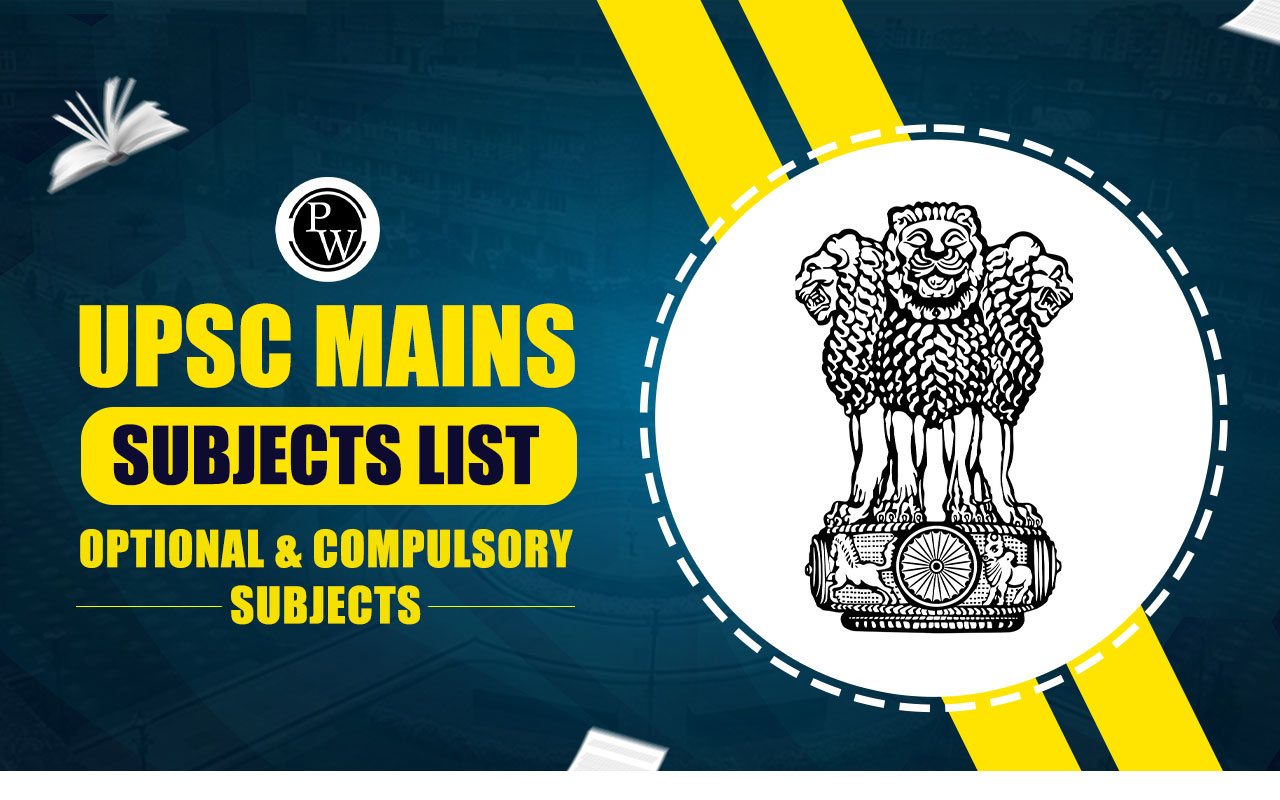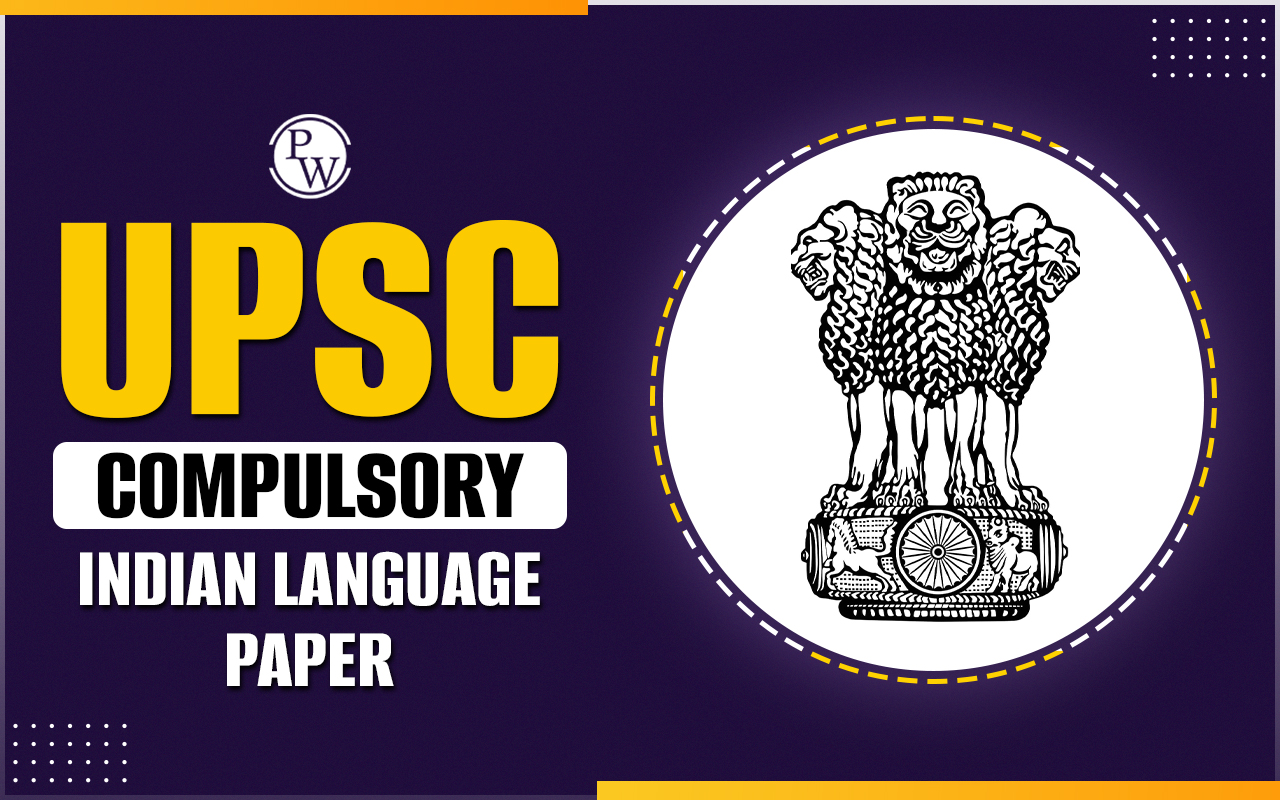
Regulatory bodies in India play a crucial role in ensuring the smooth functioning of various sectors like finance, education, healthcare, etc. These autonomous or government-appointed organisations are responsible for monitoring and regulating activities in specific industries.
Regulatory bodies such as the Securities and Exchange Board of India (SEBI) establish standards, monitor compliance, and enforce policies that safeguard public interests, ensure consumer protection, and promote healthy competition. Keep reading to learn more!What is a Regulatory Body?
A regulatory body is an autonomous or semi-autonomous organisation created by the government to supervise and regulate specific sectors or industries. These bodies ensure that organizations, businesses, or individuals comply with legal and ethical guidelines to promote fairness, safety, and accountability. Regulatory bodies in India are generally of two types:- Statutory Regulatory Authorities : These are regulatory bodies that are created through legislation or statutes passed by the government. For example, the Food Safety and Standards Authority of India (FSSAI).
- Self-Regulatory Authorities : These are industry-specific bodies that are not directly created by the government but are established under different laws by the industry or sector itself. For example, the Bar Council of India (BCI).
List of Regulatory Bodies in India
India has numerous regulatory bodies across sectors. The sector-wise regulatory bodies list includes:Financial Sector
- Reserve Bank of India (RBI) : Founded in 1935, the RBI manages India's monetary policy and regulates the banking sector.
- Securities and Exchange Board of India (SEBI) : Established in 1988, SEBI monitors and regulates India’s securities market to protect investor interests.
- Insurance Regulatory and Development Authority of India (IRDAI) : Set up in 1999, IRDAI promotes the orderly growth of the insurance industry.
- Pension Fund Regulatory and Development Authority (PFRDA): Founded in 2003, PFRDA regulates and promotes the pension sector, including the National Pension System (NPS).
Education Sector
- University Grants Commission (UGC): Established in 1956, UGC coordinates and determines standards of higher education.
- National Council for Teacher Education (NCTE): Formed in 1993, NCTE regulates teacher education programs in India.
- National Council of Educational Research and Training (NCERT): Founded in 1961, NCERT develops school curricula and textbooks across the country.
- All India Council for Technical Education (AICTE): Established in 1987, AICTE oversees the quality of technical education in India.
Communication and Media
- Telecom Regulatory Authority of India (TRAI) : Formed in 1997, TRAI governs telecom and digital communications in India.
- Press Council of India (PCI): Set up in 1966, PCI safeguards press freedom while maintaining ethics.
- Central Board of Film Certification (CBFC): Popularly known as the Censor Board, CBFC certifies films for public exhibition in India.
- Advertising Standards Council of India (ASCI): Established in 1985, ASCI ensures ethical advertising practices.
Environment
- Central Pollution Control Board (CPCB): Founded in 1974, CPCB monitors and controls pollution levels across India.
- National Biodiversity Authority (NBA): Established in 2003, the NBA promotes the conservation of India’s rich biodiversity.
- Central Ground Water Authority (CGWA): Oversees the sustainable use of groundwater resources, especially in water-stressed regions.
- National Green Tribunal (NGT): Established in 2010, the NGT adjudicates environmental disputes and enforces laws.
Health Sector
- Ministry of Health and Family Welfare (MoHFW): Responsible for formulating and implementing health policies and programs in India.
- Food Safety and Standards Authority of India (FSSAI): Formed in 2006, FSSAI ensures food safety and regulates its quality across India.
- National Medical Commission (NMC): Replacing the Medical Council of India in 2020, NMC oversees medical education and practice.
- Central Drugs Standard Control Organisation (CDSCO): It is India’s national drug regulatory authority, responsible for approving new drugs and clinical trials.
Other
- Competition Commission of India (CCI) : Established in 2003, CCI ensures fair competition in the Indian market.
- National Bank for Agricultural and Rural Development (NABARD): Founded in 1982, NABARD supports rural development through credit and infrastructure financing.
- National Pharmaceuticals Pricing Authority (NPPA): Formed in 1997, NPPA regulates the prices of essential medicines in India.
- Bar Council of India (BCI): Established under the Advocates Act of 1961, BCI regulates the legal profession and legal education in India.
- Petroleum and Natural Gas Regulatory Board (PNGRB): Formed in 2006, PNGRB regulates the distribution of petroleum and natural gas in India.
Functions of Regulatory Bodies in India
Regulatory bodies perform a variety of functions to ensure the efficient and ethical operation of industries. These include policy implementation, supervision, and consumer protection. The major functions of Regulatory bodies include:- Policy Formulation and Implementation: Regulatory authorities draft policies for their respective sectors and ensure these are implemented effectively. For instance, the RBI formulates monetary policies to control inflation and stabilise the economy.
- Issuing Licences and Accreditations: Bodies like IRDAI and TRAI issue licences to companies, ensuring that only credible organisations operate in the market.
- Monitoring and Supervision: Regulatory bodies continuously monitor activities in their sectors to prevent illegal practices, such as insider trading in the stock market (regulated by SEBI).
- Consumer Protection: One of their key objectives is to protect consumer rights. For example, the FSSAI ensures the availability of safe and hygienic food.
- Imposing Penalties: Regulators such as RBI have the power to penalise entities violating rules. This maintains discipline and accountability across industries.
- Promoting Fair Practices: Authorities like the CCI work to prevent monopolistic practices and promote healthy competition in the market.
UPSC PYQs on Regulatory Bodies in IndiaUPSC Mains 2015: “For achieving the desired objectives, it is necessary to ensure that the regulatory institutions remain independent and autonomous.” Discuss in the light of the experiences in the recent past (200 words, 12.5 marks). UPSC Mains 2023: “Discuss the role of the Competition Commission of India in containing the abuse of dominant position by the Multinational Corporations in India. (150 words, 10 marks) UPSC Prelims 2019: Consider the following statements:
|
| UPSC Related Articles | ||
| UPSC Prelims Questions | NCERT for UPSC Exam 2025 | UPSC Mains Admit Card |
| Mission Karmayogi | UPSC Scholarship Test | Supreme Court of India |
Regulatory Bodies in India FAQs
What are regulatory bodies in India?
Regulatory bodies in India are organizations created by the government to oversee and regulate specific industries.
What is the role of regulatory bodies in India?
Regulatory bodies enforce laws, ensure fair practices, protect consumers, and maintain industry standards across various sectors.
What are the financial regulatory bodies in India?
Key financial regulatory bodies in India include RBI, SBI, and PFRDA.
Which regulatory body oversees education in India?
The UGC supervises higher education, while bodies like the NMC and AICTE regulate medical and technical education.
What is the difference between RBI and SEBI?
RBI regulates banks and monetary policy, while SEBI oversees the stock market and securities.
Talk to a counsellorHave doubts? Our support team will be happy to assist you!

Check out these Related Articles
Free Learning Resources
PW Books
Notes (Class 10-12)
PW Study Materials
Notes (Class 6-9)
Ncert Solutions
Govt Exams
Class 6th to 12th Online Courses
Govt Job Exams Courses
UPSC Coaching
Defence Exam Coaching
Gate Exam Coaching
Other Exams
Know about Physics Wallah
Physics Wallah is an Indian edtech platform that provides accessible & comprehensive learning experiences to students from Class 6th to postgraduate level. We also provide extensive NCERT solutions, sample paper, NEET, JEE Mains, BITSAT previous year papers & more such resources to students. Physics Wallah also caters to over 3.5 million registered students and over 78 lakh+ Youtube subscribers with 4.8 rating on its app.
We Stand Out because
We provide students with intensive courses with India’s qualified & experienced faculties & mentors. PW strives to make the learning experience comprehensive and accessible for students of all sections of society. We believe in empowering every single student who couldn't dream of a good career in engineering and medical field earlier.
Our Key Focus Areas
Physics Wallah's main focus is to make the learning experience as economical as possible for all students. With our affordable courses like Lakshya, Udaan and Arjuna and many others, we have been able to provide a platform for lakhs of aspirants. From providing Chemistry, Maths, Physics formula to giving e-books of eminent authors like RD Sharma, RS Aggarwal and Lakhmir Singh, PW focuses on every single student's need for preparation.
What Makes Us Different
Physics Wallah strives to develop a comprehensive pedagogical structure for students, where they get a state-of-the-art learning experience with study material and resources. Apart from catering students preparing for JEE Mains and NEET, PW also provides study material for each state board like Uttar Pradesh, Bihar, and others
Copyright © 2026 Physicswallah Limited All rights reserved.









